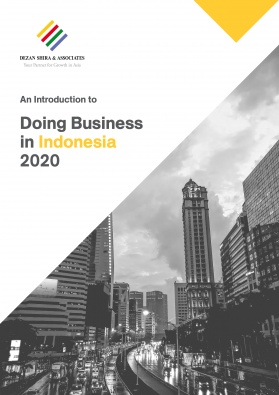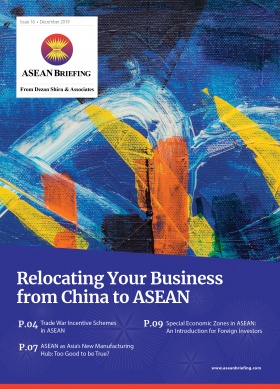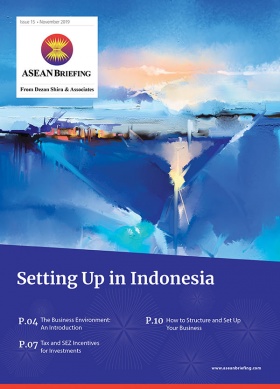Audit and Compliance in Laos: A Guide for Foreign Investors
The Enterprise law and the Law on Independent Audit are the main laws that establish audit requirements in Laos.
Myanmar’s Tax Relief for Businesses Impacted by COVID-19
Myanmar’s government issued Notification 65/2020, which provides several tax relief measures for businesses impacted by the pandemic.
Understanding Labuan’s New Tax Framework
Labuan, a federal territory of Malaysia, issued a new tax framework in early 2019, which impacts a variety of tax requirements, such as the abolition of the 20,000-ringgit tax ceiling.
Thailand Issues Tax Incentives for Electric Vehicle Industry
Thailand’s Board of Investment (BOI) issued its latest incentives for the country’s electric vehicle (EV) industry.
Why Singapore is a Good Base for Establishing Financial Treasury Centers
Singapore’s investor-friendly tax and legal regimes make the country an ideal destination to establish a financial treasury center.
Audit and Compliance in Myanmar: A Guide for Foreign Investors
Private and public companies in Myanmar are obligated to audit their accounts as well as hold annual general meetings once a year.
Myanmar’s 2020 Union Taxation Law: Salient Features
Myanmar introduced the 2020 Union Taxation Law, which sets out the latest rates for income tax, gemstone tax, commercial tax, and specific goods tax.
Latest Tax Compliance Procedures for Non-Profit Organizations in Myanmar
Myanmar’s government issued Notification 79 of 2020, which describes the latest tax compliance measures for non-profit organizations.
New Requirements for Independent Audits in Cambodia to Impact Certain Business Entities
Cambodia’s Minister of Finance and Economy issued a new regulation that sets out the criteria for certain businesses to be independently audited.
New Criteria for Foreign Digital Service Providers to Collect VAT in Indonesia
Indonesia’s Director-General of Tax has determined the criteria for which foreign digital service providers can collect VAT.

















